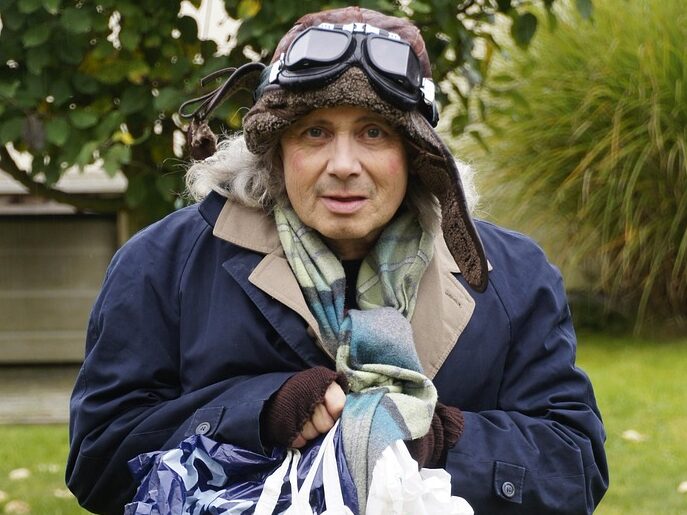
Homelessness isn’t a personality flaw. It’s often the result of trauma, rising rent, illness, job loss, or a lack of support, and sometimes all at once. Yet too many people speak to those experiencing homelessness as if they’re beneath them, offering advice or judgment instead of dignity. Here are 15 things that sound innocent or even helpful but can come across as deeply damaging.
“Why don’t you just get a job?”
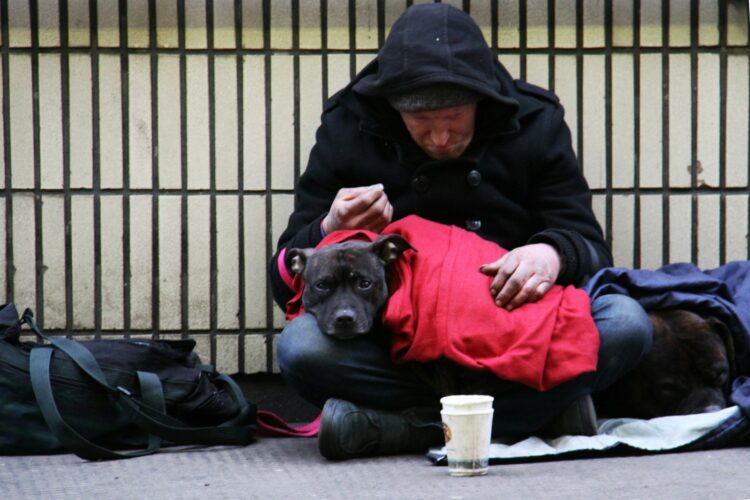
This question reduces a complex situation into something as simple as filling out an application. Many homeless people don’t have access to basic requirements for employment, like a phone number, clean clothes, reliable transportation, or a safe place to sleep. Others may be struggling with physical or mental health challenges. Saying this ignores the barriers they face and assumes laziness.
“What did you do to end up like this?”
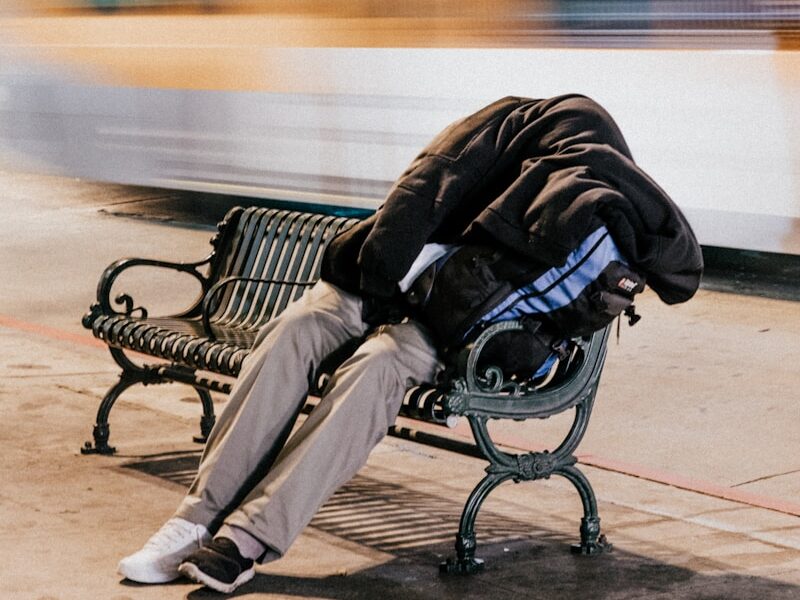
This question is loaded with judgment and assumes that homelessness is always the result of poor choices. In reality, it often stems from circumstances outside someone’s control: medical emergencies, domestic violence, mental illness, or a string of bad luck. By asking this, you’re implying they brought it on themselves. It’s invasive, shaming, and rooted in the assumption that people only deserve help if they’re entirely blameless. Instead, focus on treating them like a person, not a cautionary tale.
“You don’t look homeless.”
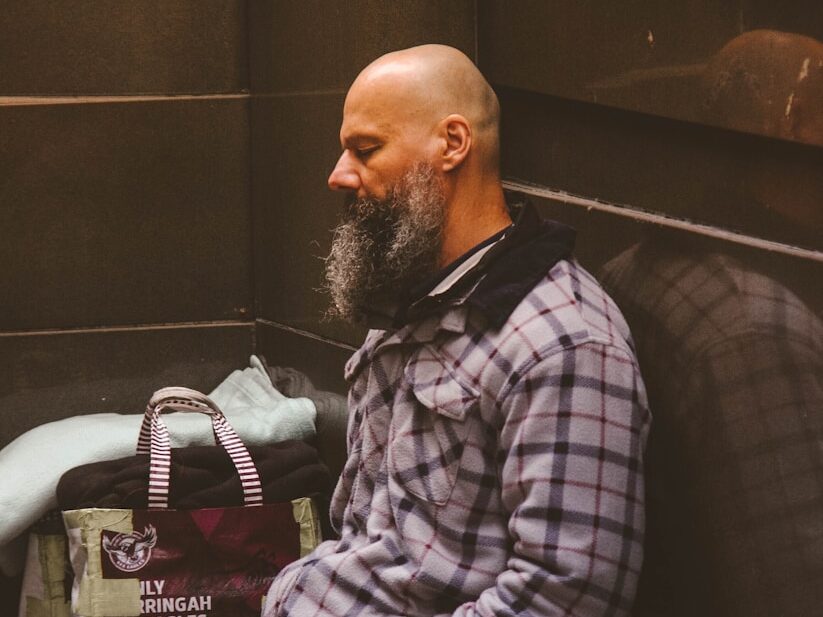
There’s no single “look” for homelessness. Many individuals experiencing it still take great care in their appearance when possible. Some have jobs. Some live in their cars. Others couch-surf or stay in shelters. This comment may seem like a compliment, but it’s based on stereotypes that reduce real people to caricatures. It also ignores the fact that most homeless people try hard not to look the part—because they know how society treats them when they do.
“Are you on something?”
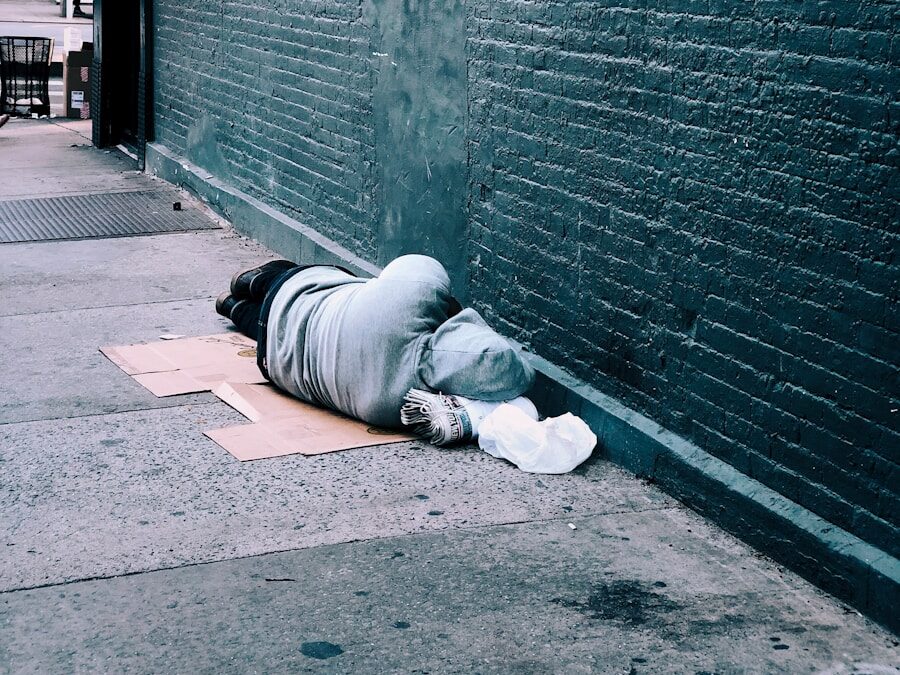
This is one of the most stigmatizing questions you can ask. Even if substance abuse is a factor, it’s often a coping mechanism for pain, trauma, or mental illness—not a moral failure. And not every homeless person struggles with addiction. This kind of assumption reduces them to a stereotype and reinforces harmful narratives. Addiction exists at every income level, but the homeless are judged the most harshly for it.
“You should be grateful people even help you.”
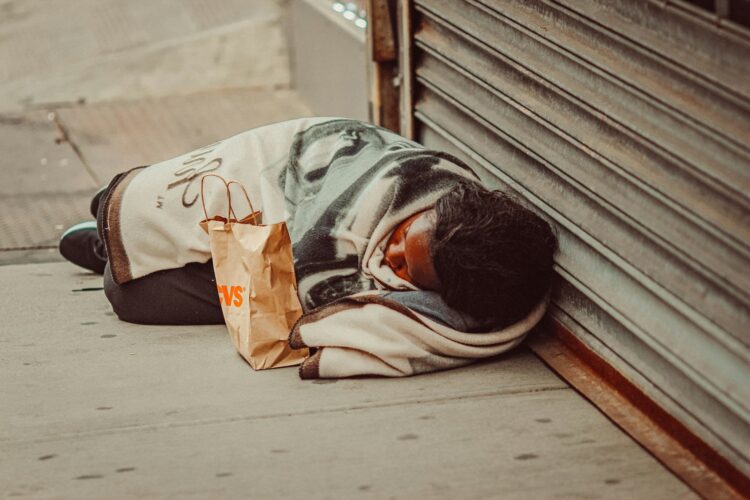
Gratitude should never be a prerequisite for human decency. Offering kindness only when someone shows the “right” amount of appreciation isn’t generosity, it’s control. This statement reeks of superiority and conditional compassion. Many homeless individuals are, in fact, very grateful for help, but demanding that gratitude makes it less about helping them and more about feeding your ego. Give without expecting performance in return.
“You’re just going to spend it on booze.”
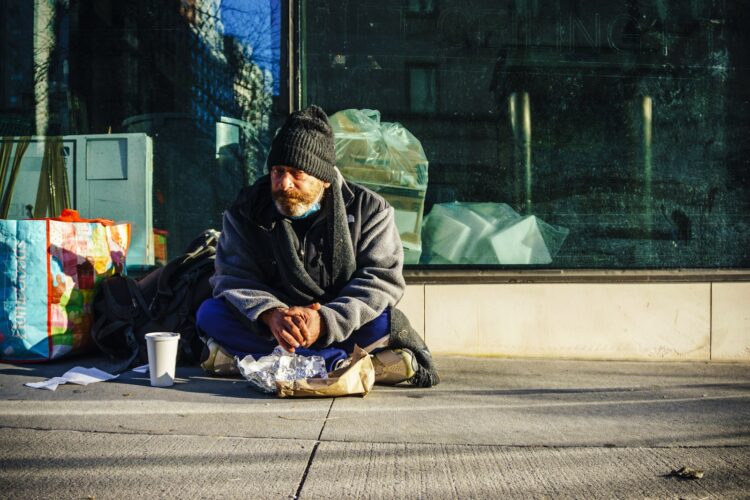
This assumes the worst and justifies withholding help based on fear rather than fact. Even if someone does buy alcohol, consider that they’re coping with circumstances most people wouldn’t last a week in. Still, many homeless people use donations for food, hygiene products, or transportation. Making blanket assumptions about how they’ll use money not only punishes everyone for a few bad actors, but it also removes their agency.
“There’s a shelter down the street, you know.”
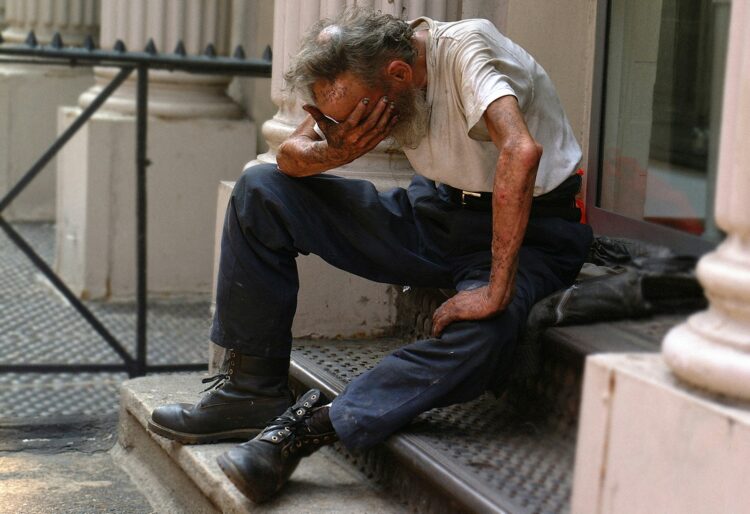
This comment often comes from a place of wanting to help—but it also carries judgment. Shelters may be full, dangerous, or have restrictions that exclude pets, partners, or people with mental illness. Some only open at night or limit how long you can stay. Others are so overcrowded that they offer little more than a blanket. Assuming someone hasn’t already considered every option underestimates their intelligence and ignores how broken the system often is.
“I bet you make more money panhandling than I do at work.”
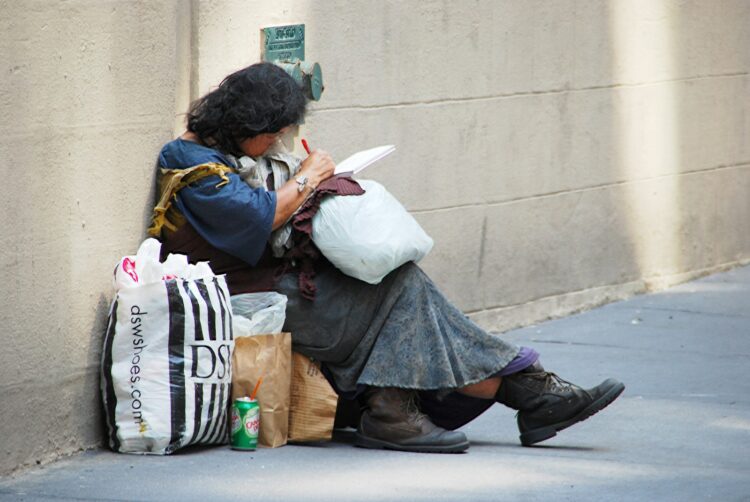
This myth allows people to feel morally superior while ignoring harsh realities. Panhandling isn’t some secret goldmine—it’s unpredictable, humiliating, and often dangerous. Even if someone makes a few dollars, they’re not saving for vacations or new phones, they’re surviving. Suggesting otherwise mocks their hardship and turns serious poverty into a punchline.
“Don’t you have family who can help you?”
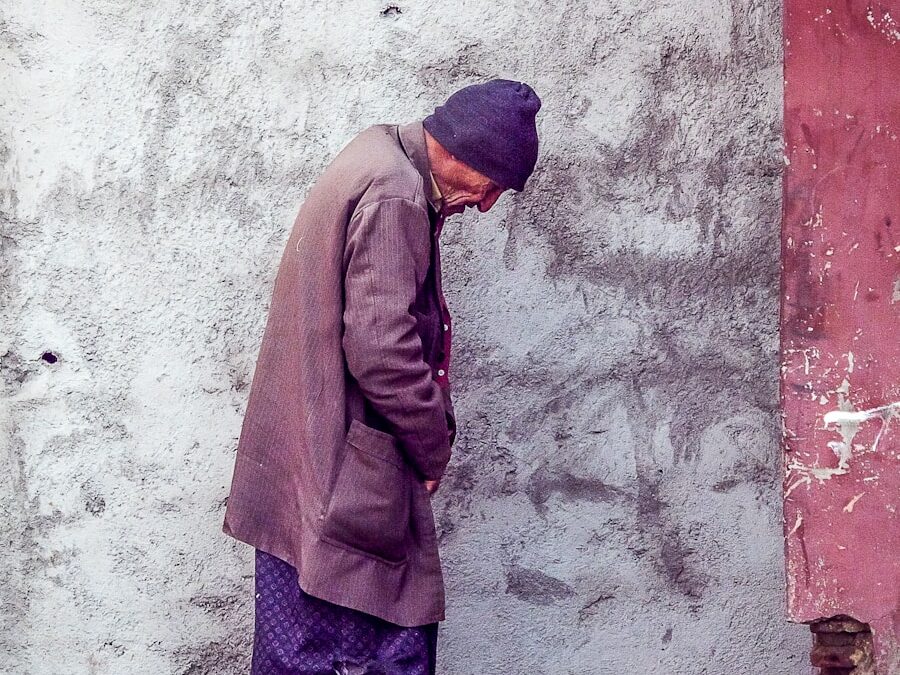
This question assumes everyone comes from a stable, supportive family—which many do not. Some are estranged, others were abused, and some families are barely surviving themselves. Even well-meaning relatives may not have room, money, or the emotional capacity to help. By asking this, you imply that someone is alone because they burned bridges. Often, it’s the opposite. They were abandoned when they needed help most.
“I don’t have any cash on me.”
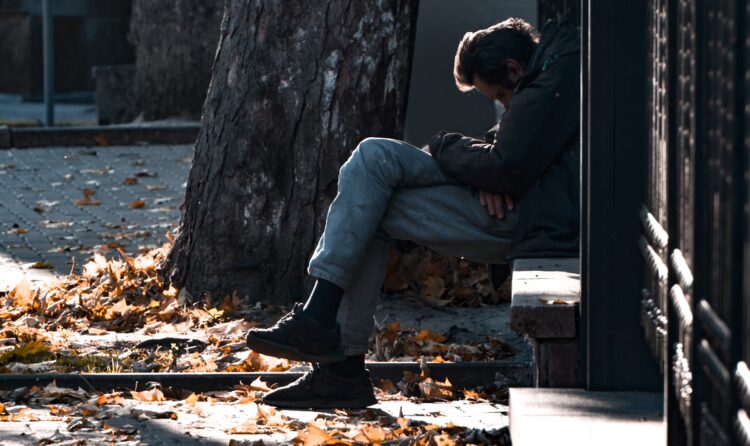
If you don’t want to give, that’s your right, but honesty and respect go further than excuses. People on the streets hear this line constantly, often from people who visibly do have something. Saying it can come off as disingenuous or avoidant. A simple “Sorry, I can’t today” is more respectful. It acknowledges them as a person, not an interruption. You don’t owe them money, but you do owe them basic decency.
“You should’ve made better choices.”
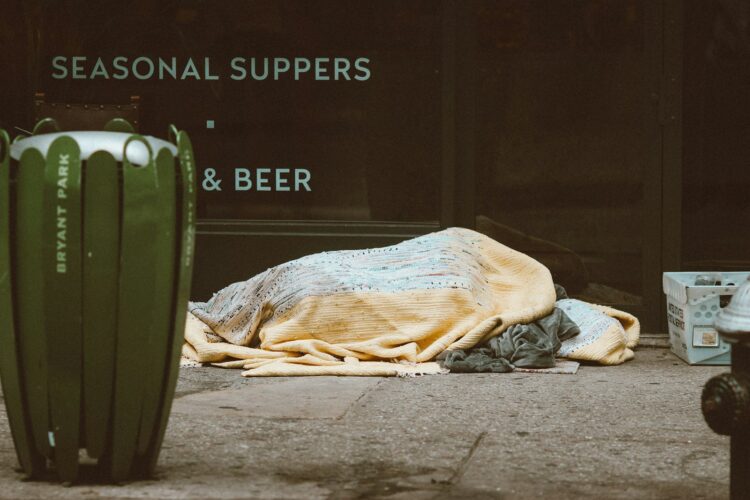
This assumes that life is fair and predictable—that everyone who works hard succeeds. The reality is that many homeless people once did make all the “right” choices: jobs, families, and homes. Then came layoffs, illness, abusive relationships, or housing prices they couldn’t keep up with. Pretending homelessness is just the result of poor decisions comforts those who’ve been lucky enough not to face those same obstacles. But luck isn’t the same as moral superiority.
“Can’t you just stay with someone?”

If they could, they probably would. Living with others isn’t always safe, possible, or sustainable. Some people are escaping abusive relationships. Others have mental health conditions that make close quarters challenging. Many simplyhave no one left to turn to. This question minimizes their reality and makes homelessness sound like a matter of laziness or stubbornness. In truth, it’s often the last option after every other door has closed.
“I’d never let myself get to that point.”
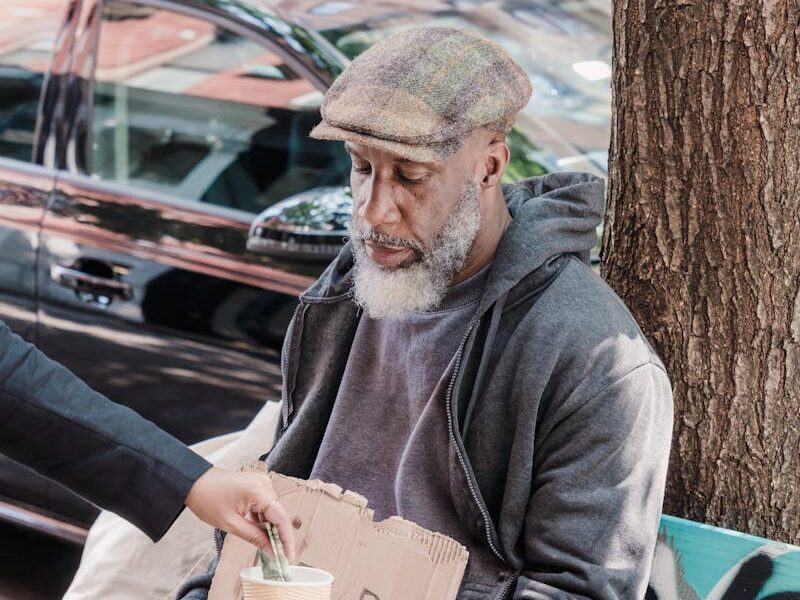
This is the kind of thing people say to distance themselves from discomfort. It implies that you’re smarter, more disciplined, or better prepared, when in truth, homelessness can happen faster than most people realize. One medical emergency, job loss, or divorce could unravel everything. Saying this is dangerous. It promotes the false belief that misfortune only strikes the careless, which makes it easier to ignore those who suffer.
“I’d help, but you people always lie.”
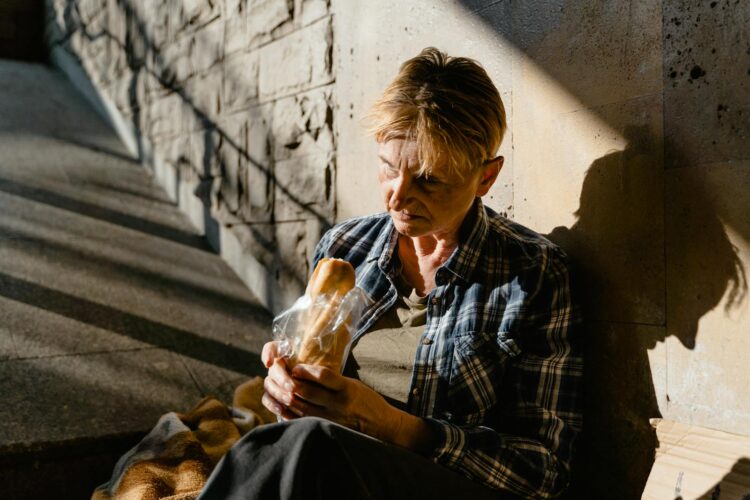
Lumping every homeless person into a stereotype of dishonesty is unfair and dehumanizing. Yes, some people lie, but so do people in offices, banks, and boardrooms. Using this excuse allows you to feel justified in doing nothing while pretending you’re wise for it. If you’re uncomfortable giving, that’s fine, but don’t use tired generalizations to mask apathy. Homelessness doesn’t erase someone’s right to be treated as an individual, not a statistic.
“You should try harder.”
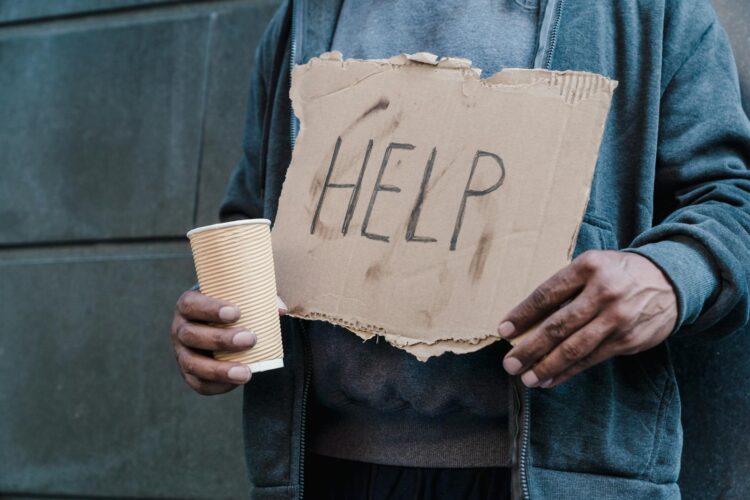
You have no idea how hard they’re already trying. Many homeless people wake up early, walk miles for resources, navigate bureaucratic red tape, and still go to bed hungry. They fight every day for food, warmth, and safety—things most people take for granted. This comment assumes laziness where there’s actually exhaustion. What they need isn’t another motivational speech from a stranger. They need access to support, services, and compassion. Trying harder isn’t always the issue—being heard is.

